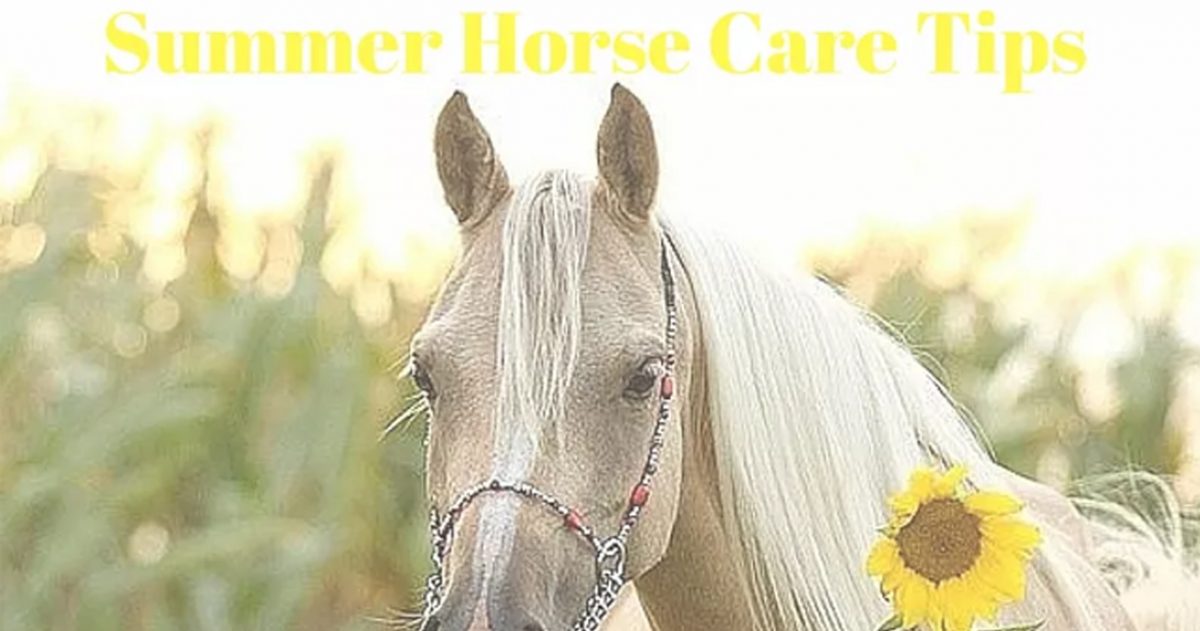Here are some amazing horse health care tips for you! As Sir Winston Churchill said: “When you are on a great horse, you have the best seat you will ever have.”
As a horse owner, you appreciate the beauty and grace of these magnificent creatures. You also know horses require special care. As temps outside begin to climb, you need to keep in mind a few precautions about your lovely animal.
The internal temperature for a horse averages between 99-101 Fahrenheit. However, depending on environmental factors, that temperature may range +/- 3 degrees. Make sure you know your horse’s baseline temperature. Our horse care tips will help you get through the summer.
A horse’s body is made up of nearly 70 percent water. Most horses drink between five and ten gallons of water every day. In hotter climates—and depending on activity—that requirement may increase. Horses need plenty of fresh, clean water to regulate their temperature and keep their digestive systems working properly.
Trust automatic horse waterers from Nelson Manufacturing to keep your horse hydrated. Our patented water valve maintains a constant supply of fresh drinking water while your horse drinks. The stainless steel bowl is easy to remove, clean, and sterilize. You’ll also love our optional water consumption indicator so you can keep tabs on how much water your horse is drinking.
In addition to water, hot temperatures require more vigilance when it comes to your horse’s food. In summer months, consider switching your horse to a higher fat diet. Why? Fat is easily absorbed and metabolized, requiring less metabolic heat. In contrast, protein generates more metabolic heat. Hot temperatures can also destroy the integrity of your horse’s feed. Check for flies and mold and regularly clean troughs and buckets.
Once your horse is drinking plenty of fluids and eating clean food, don’t forget to protect his skin in the hot summer months. Did you know your horse can get a sunburn? Keep a supply of sun screen in your barn to apply to your horse. Like pale skin in humans, horses with white markings are more prone to sun damage. To further protect your horse’s skin, schedule work and rides in the morning and early evenings when the sun’s rays are least harmful.
Final horse care tip, to keep your horse healthy, plan to curtail his activity when it’s especially hot. Dehydration is a serious issue. A good rule of thumb is to turn out your horse for four hours or less in bright sunlight. Check your horse for signs of dehydration by pinching his skin. Like a human, if the skin pings back into place, your horse probably is getting enough to drink. However, if the skin is slow to move, he is taking frequent shallow breaths, or his gums are pale, your animal may be dehydrated.
Take quick action to protect your horse. You can offer your horse water—preferably with a bit of salt and glucose added—and then hose him down. If your horse is not responding to these treatments, contact your veterinarian. Dehydration can result in the thumps or serious illness.
We hope these tips will help your horse have a safe and healthy summer. Contact Nelson Manufacturing for all your automatic waterer needs.

